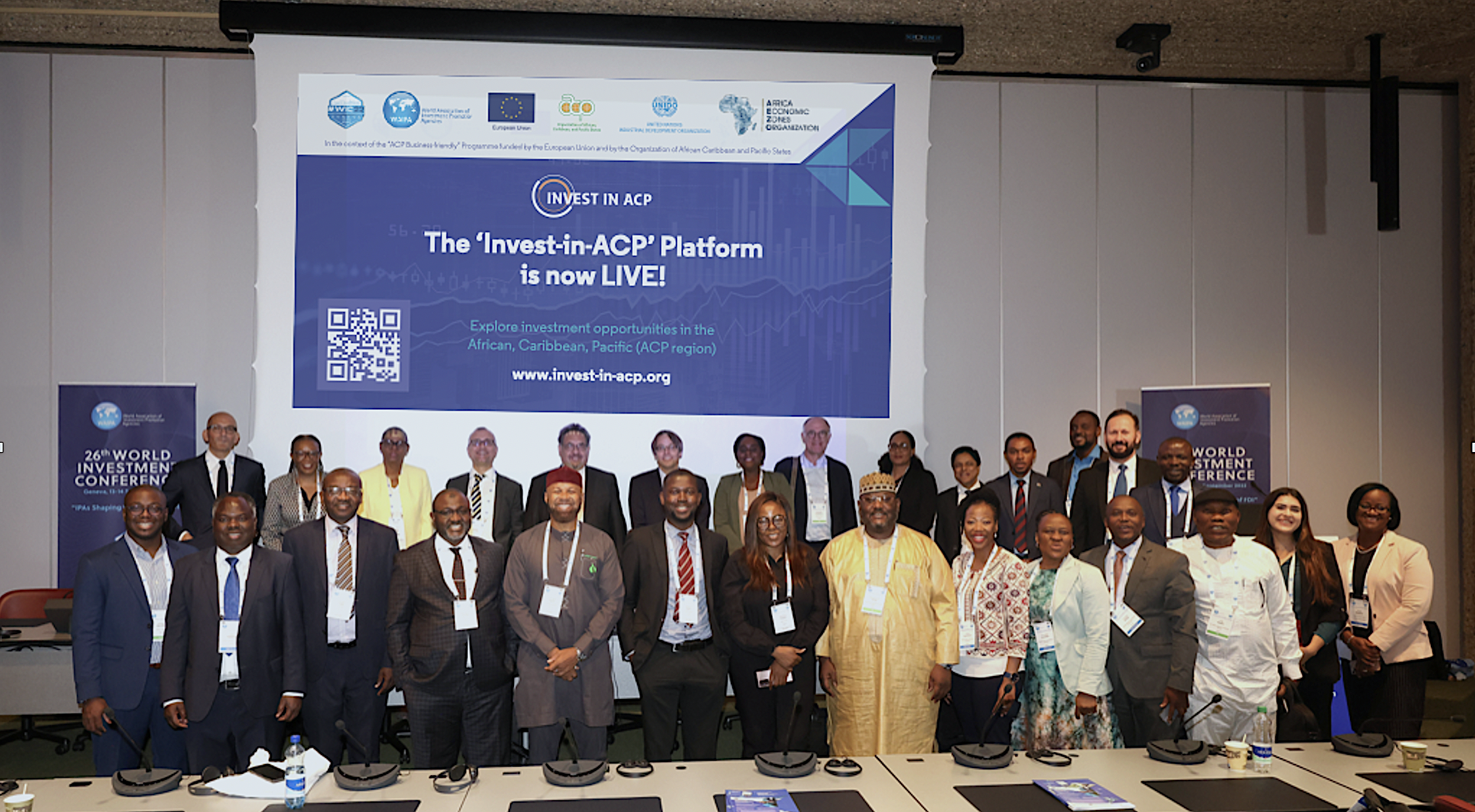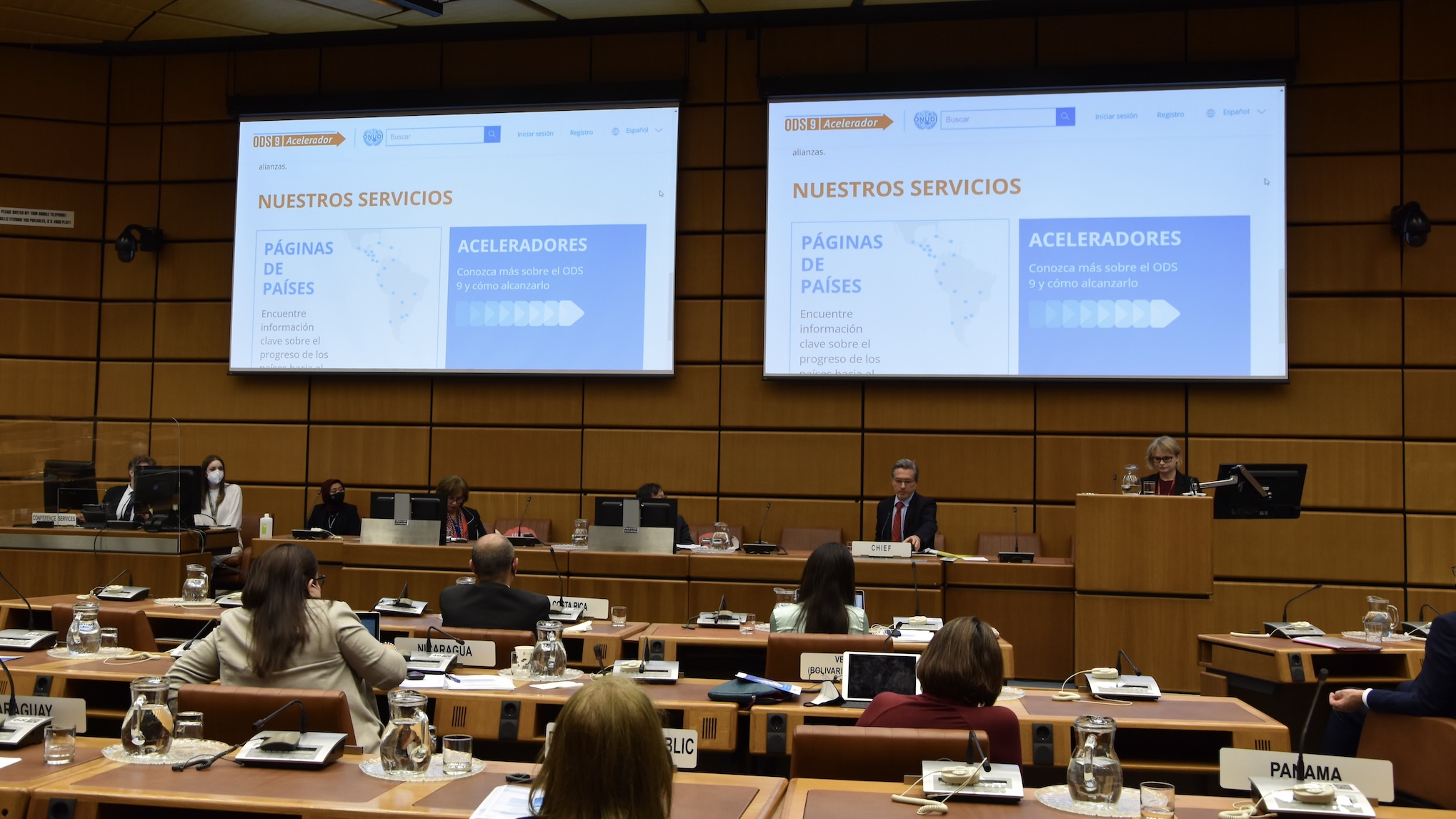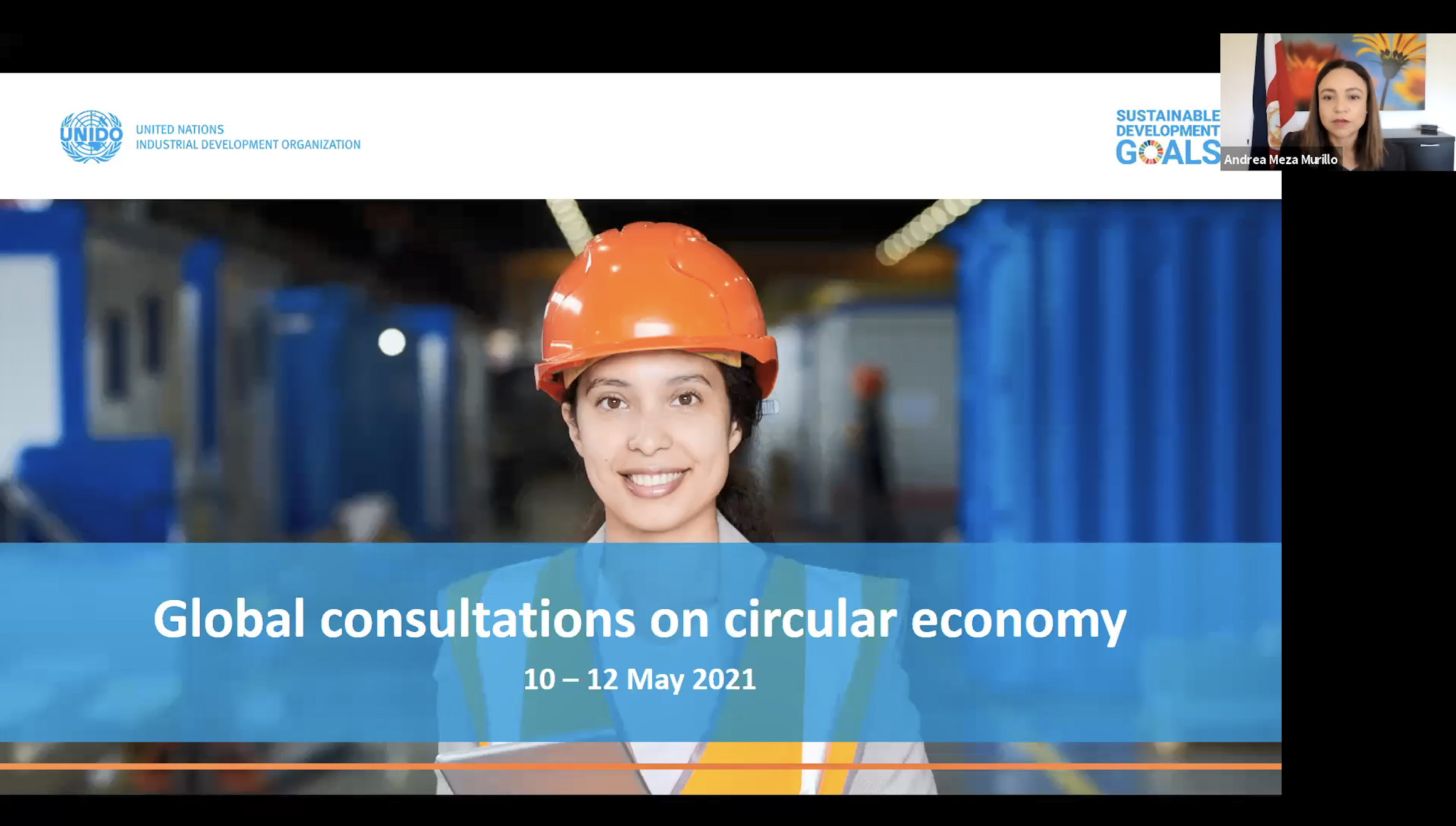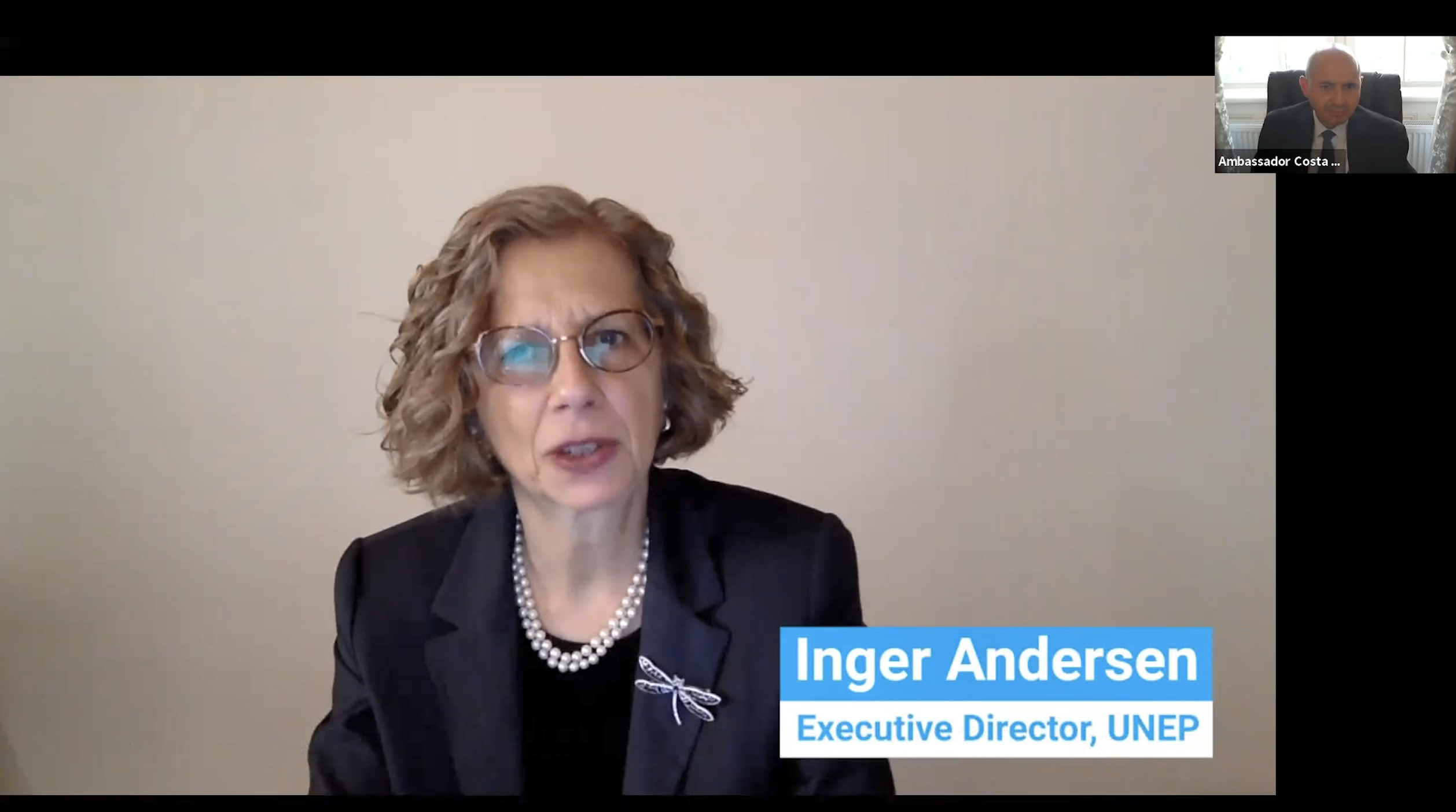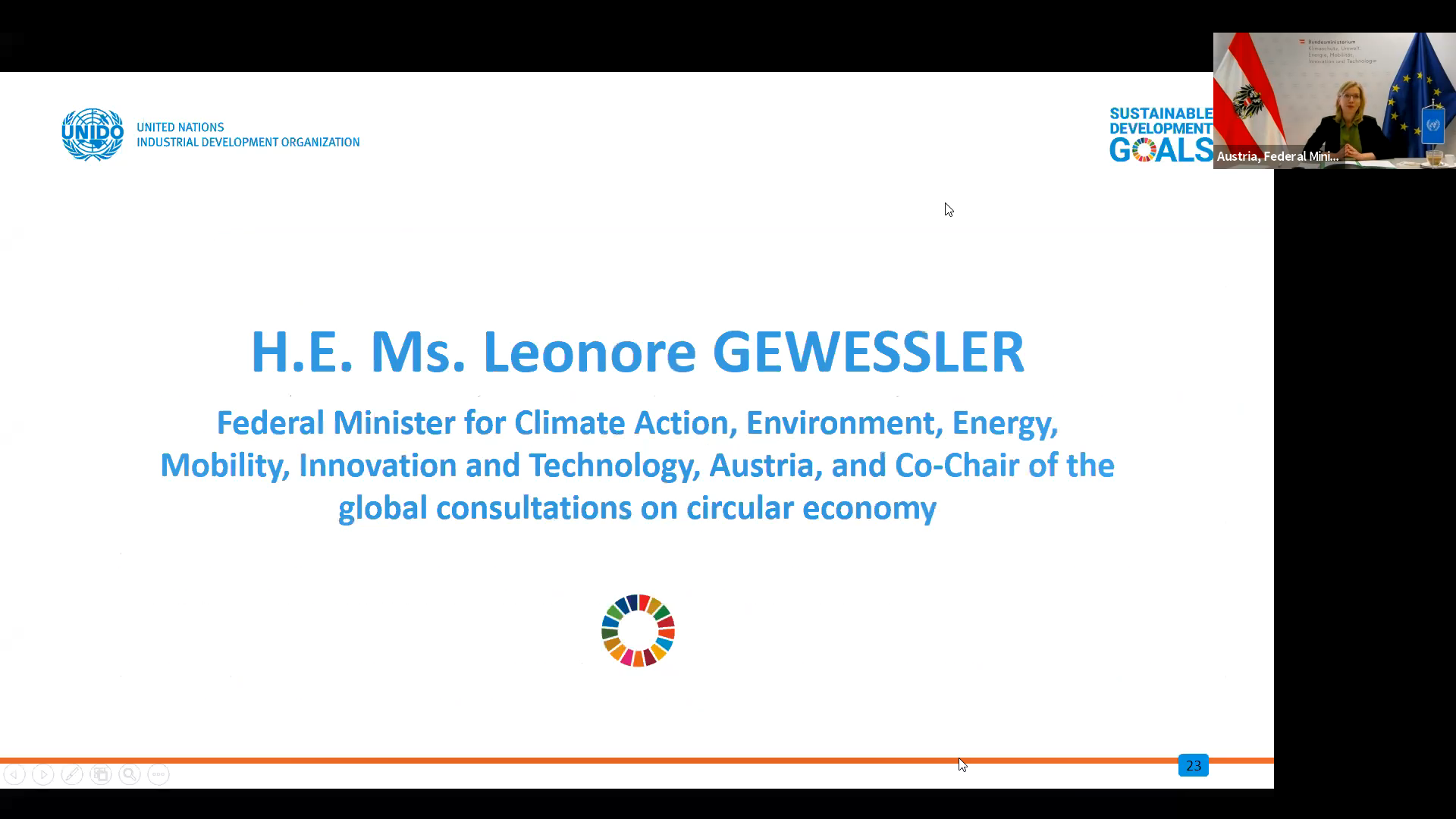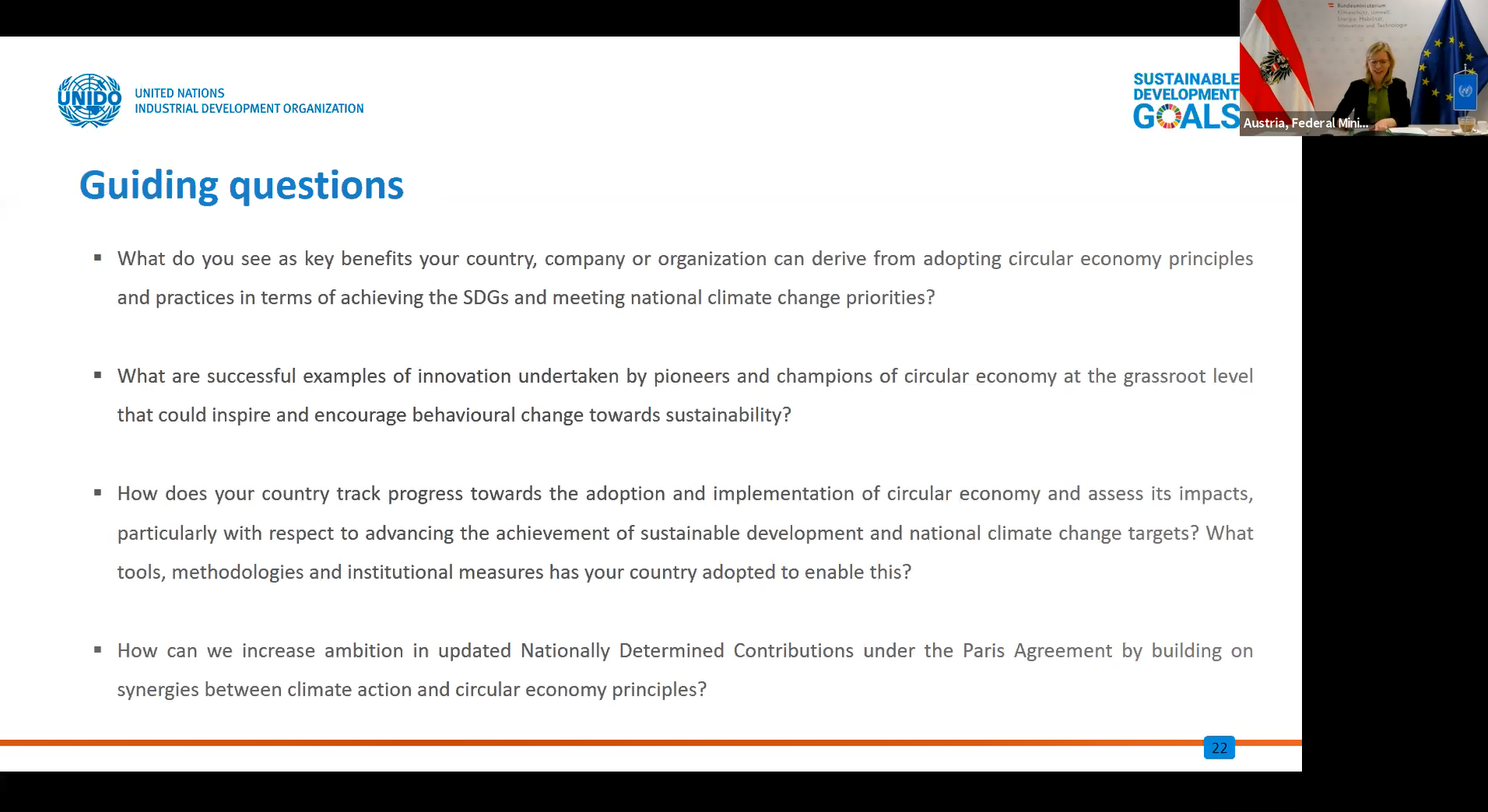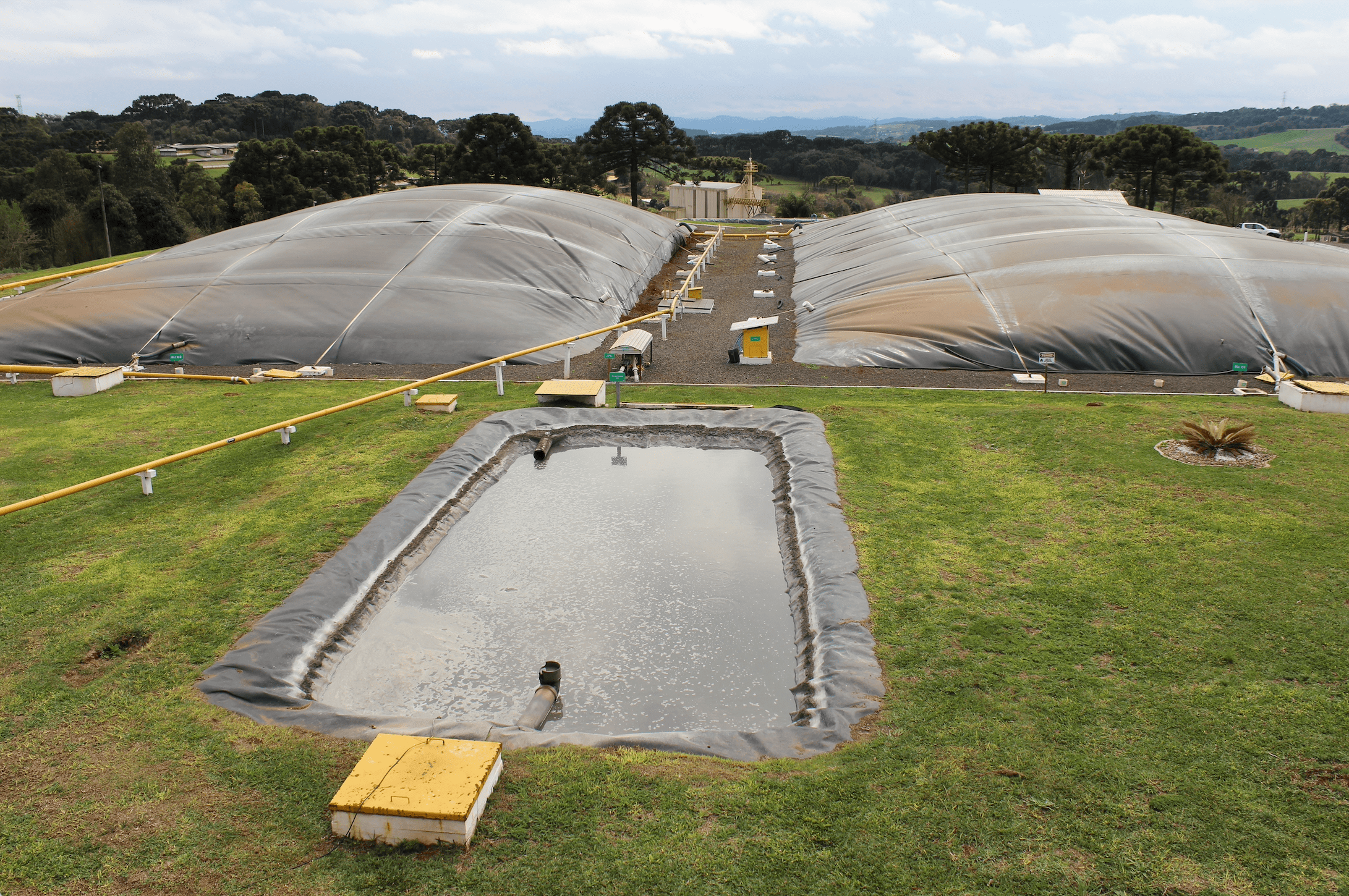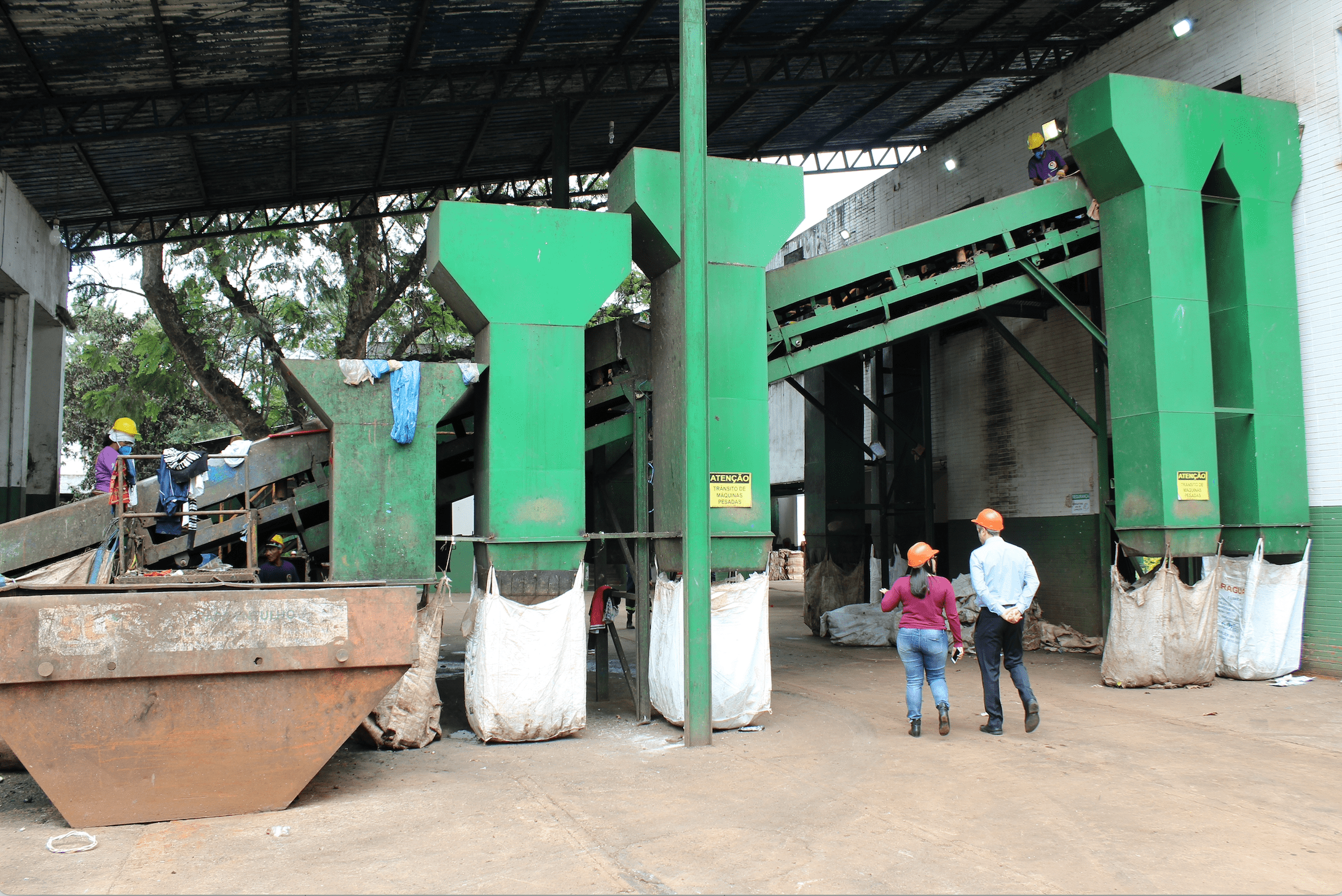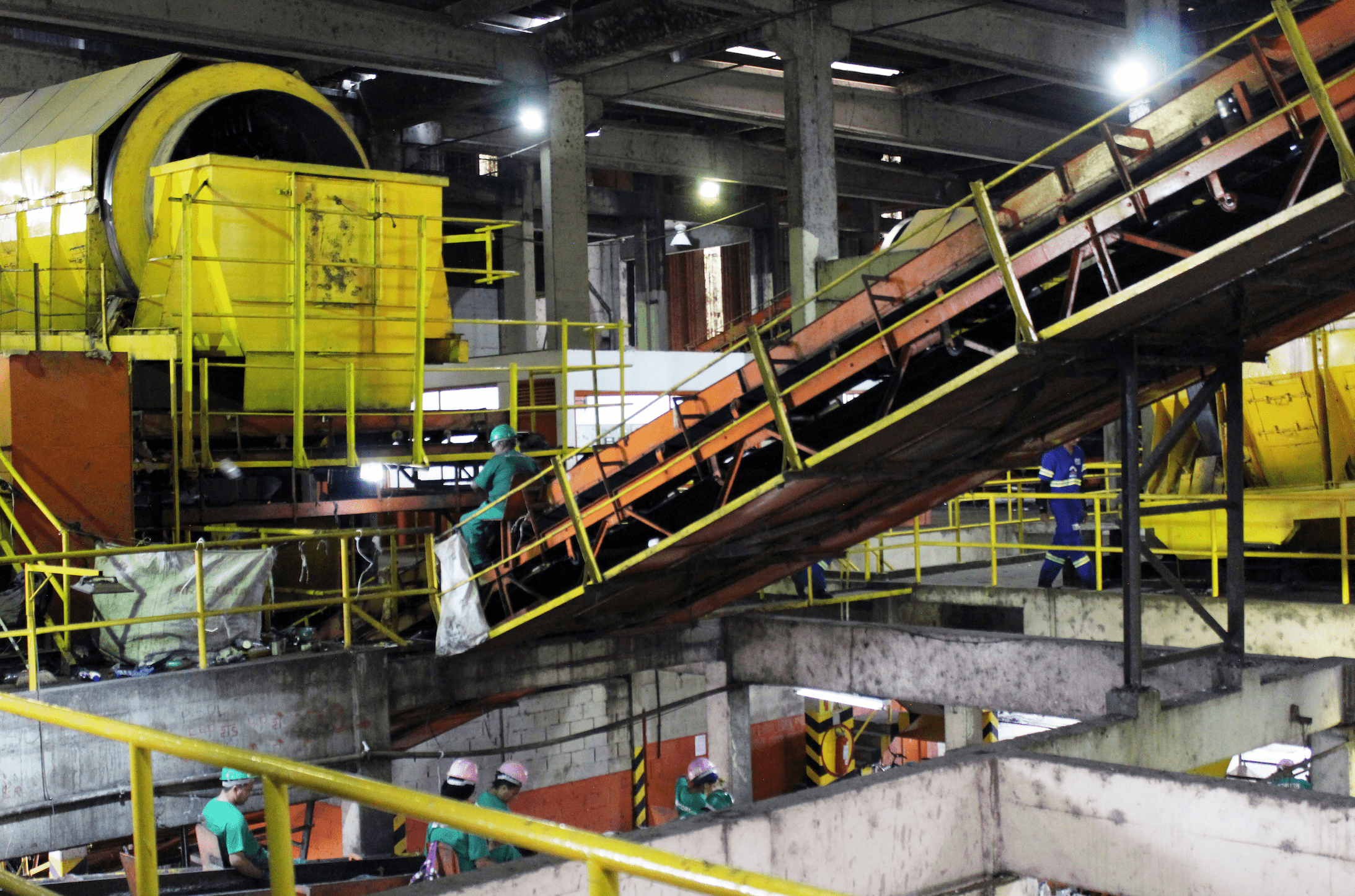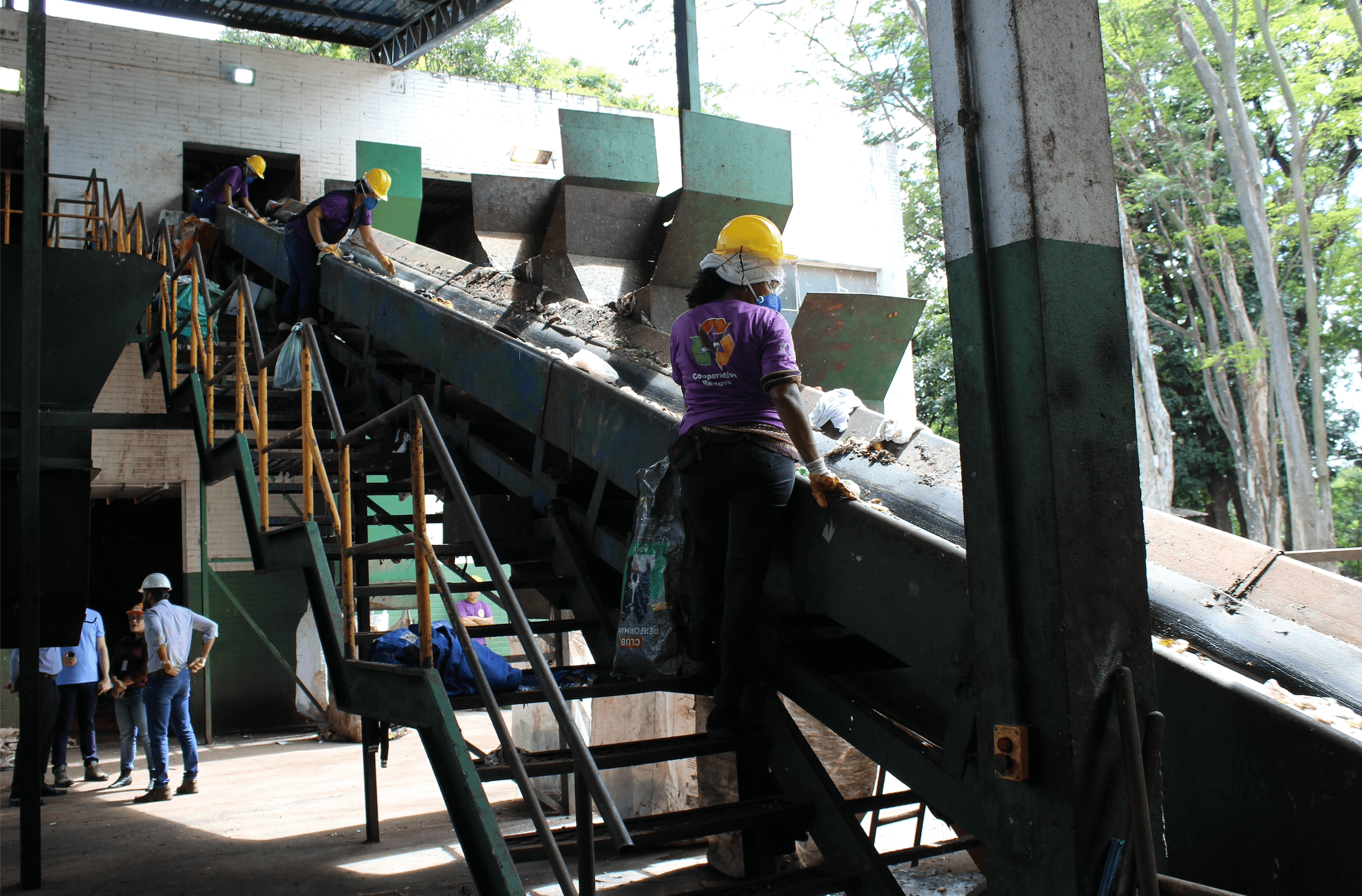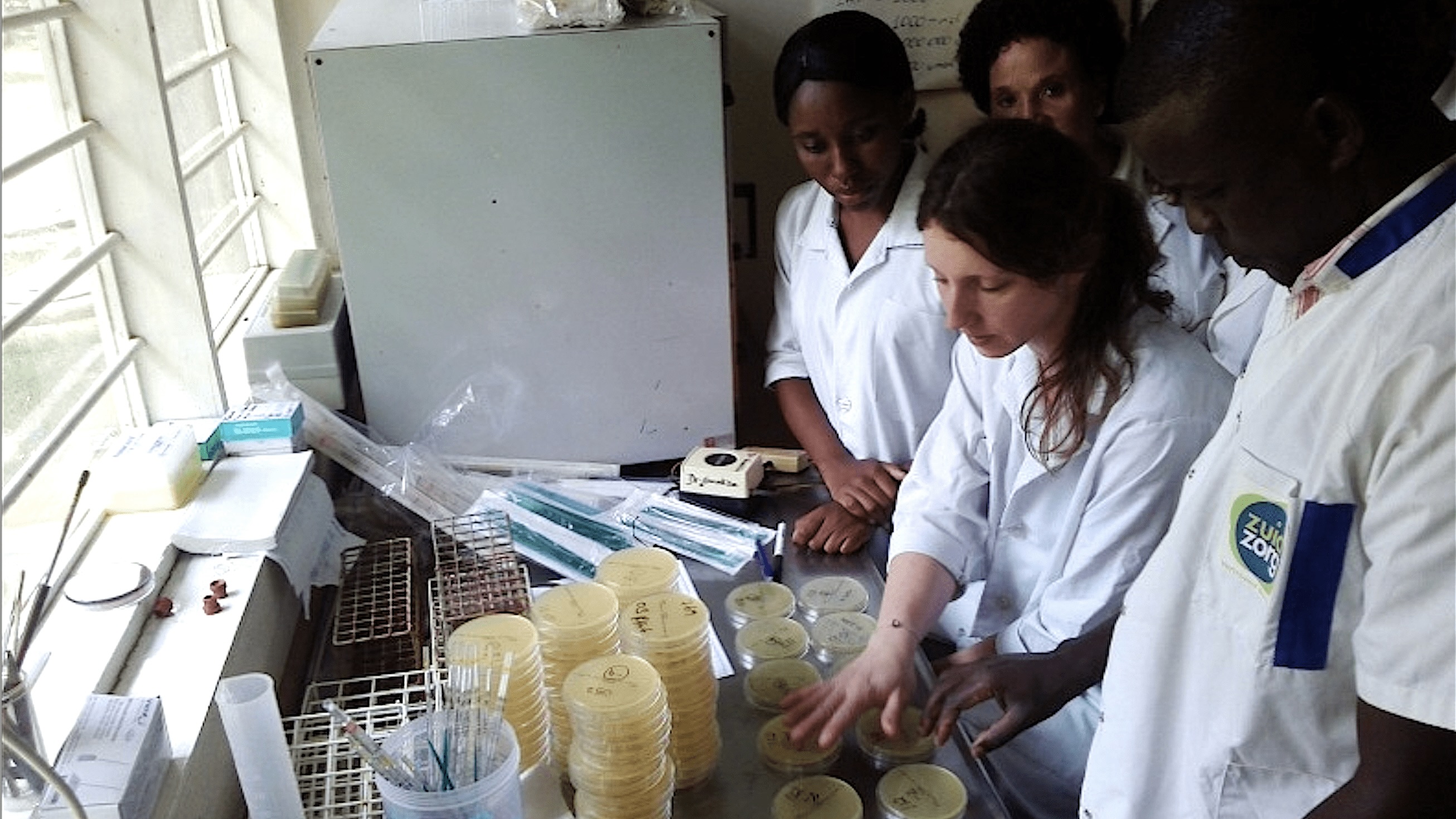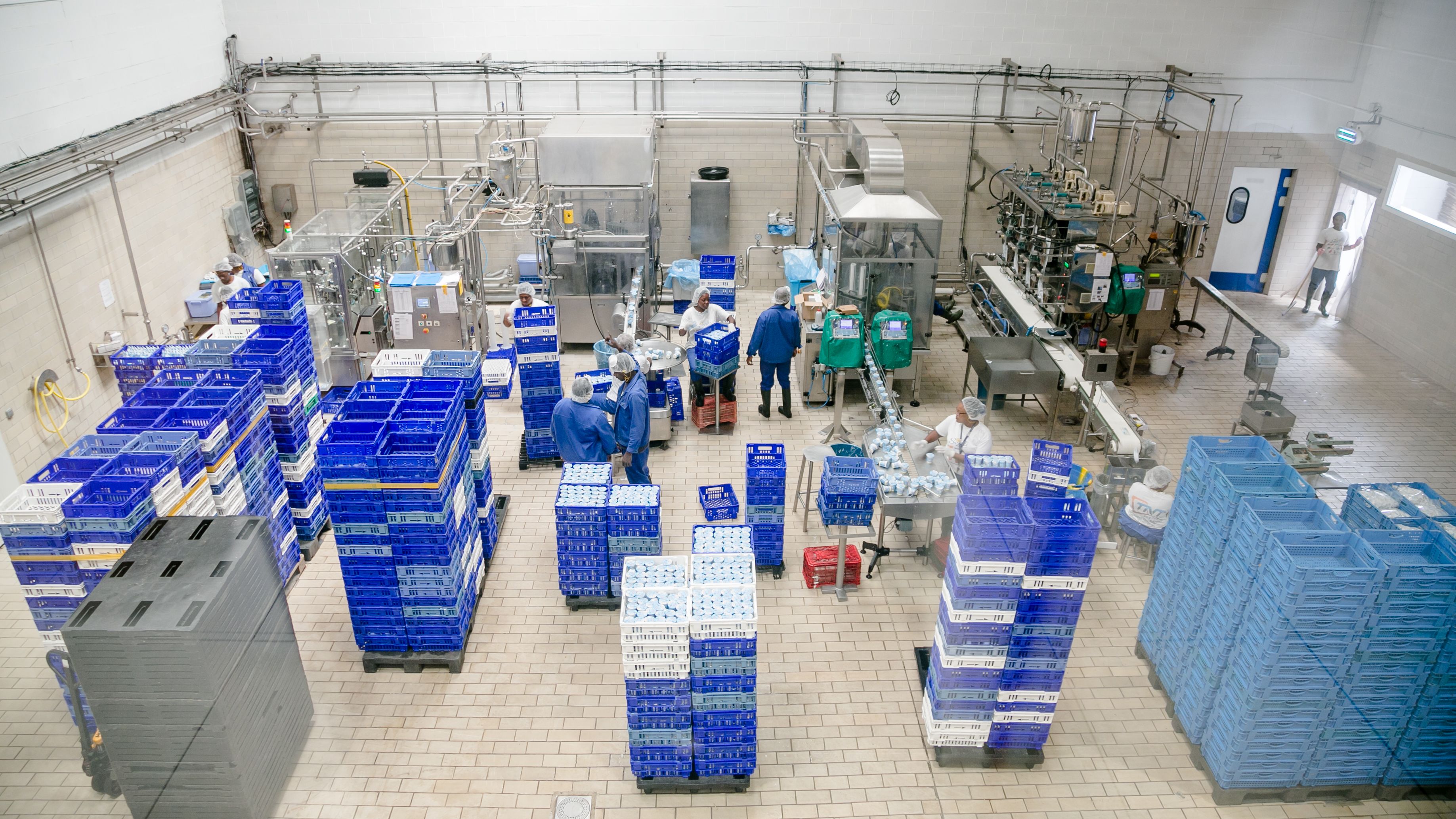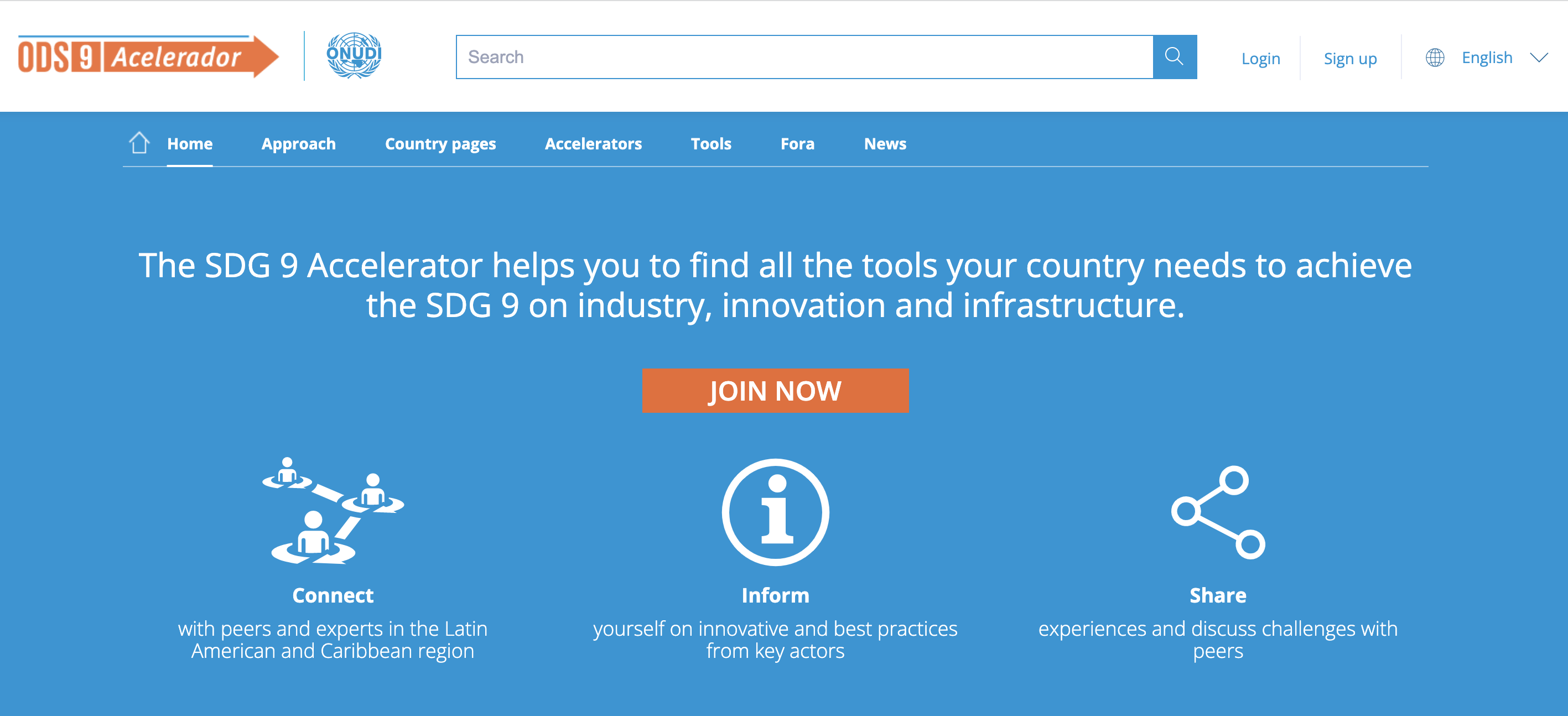
In its position as a specialized agency of the United Nations, UNIDO has key conceptual and operational functions. Taken together they contribute to achieving UNIDO’s mandate to advance inclusive and sustainable industrial development (ISID). As part of development cooperation, normative functions are especially important for strengthening UNIDO’s position within the UN system and for improving its delivery.
In the current global landscape, dominated by conflict, the human and economic impact of the COVID-19 crisis and the urgency of the climate emergency, making sure UNIDO is fully able to deliver its mandate effectively has never been so important. This means articulating more clearly the norms and standards that guide its work, and ensuring that the Organization’s operational and normative functions are fused more tightly together for greater impact on development goals.
The Definition of UNIDO’s Normative Role
Through a synthesis of UNIDO’s normative operations in consultation with the organization’s departments and external experts, UNIDO has developed a clear and concise, broadly applicable and uniquely UNIDO, definition of its normative role. It is as follows:
UNIDO’s normative role is to develop, advocate, implement and monitor what ought to be done for Member States to achieve harmonious and balanced industrial development.
UNIDO’s normative role is classified in four main categories:
Development: create what ought to be in the form of normative industrial instruments: conventions, protocols and declarations as well as norms, standards, codes of conduct, guidelines, recommendations and best practices for solving industrialization problems
Advocacy: promote and encourage inclusive and sustainable industrial development in legislation, policy, programmes or as best practices
Implementation: translate what ought to be in the field of industrial development into local settings through capacity building and dissemination of normative products; facilitate multi-lateral dialogue and coordination as well as transfer of legislation, policies, development plans and industrial technology between countries
Monitoring: collect, review and report on all aspects of industrial development, serving as a clearing-house for industrial information
Normative work in action
As part of the process of assessing UNIDO’s current normative role, UNIDO’s departments have provided an overview of their respective normative activities. In adding flesh to the bone of the normative narrative, the examples offer ample evidence of normative work in action.
These departmental snapshots provide an illustration of UNIDO’s normative work that has contributed to stronger national legislation and policies in support of ISID, raised the global profile of ISID at national regional and global level, and provided practical and technical support in the adoption of global standards.

